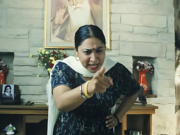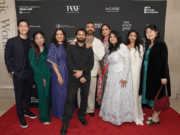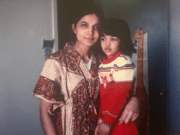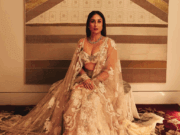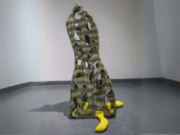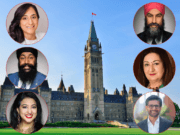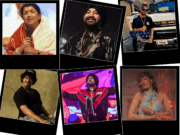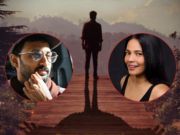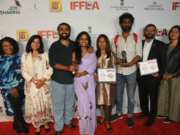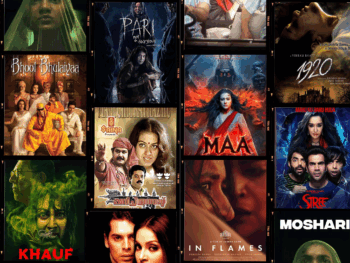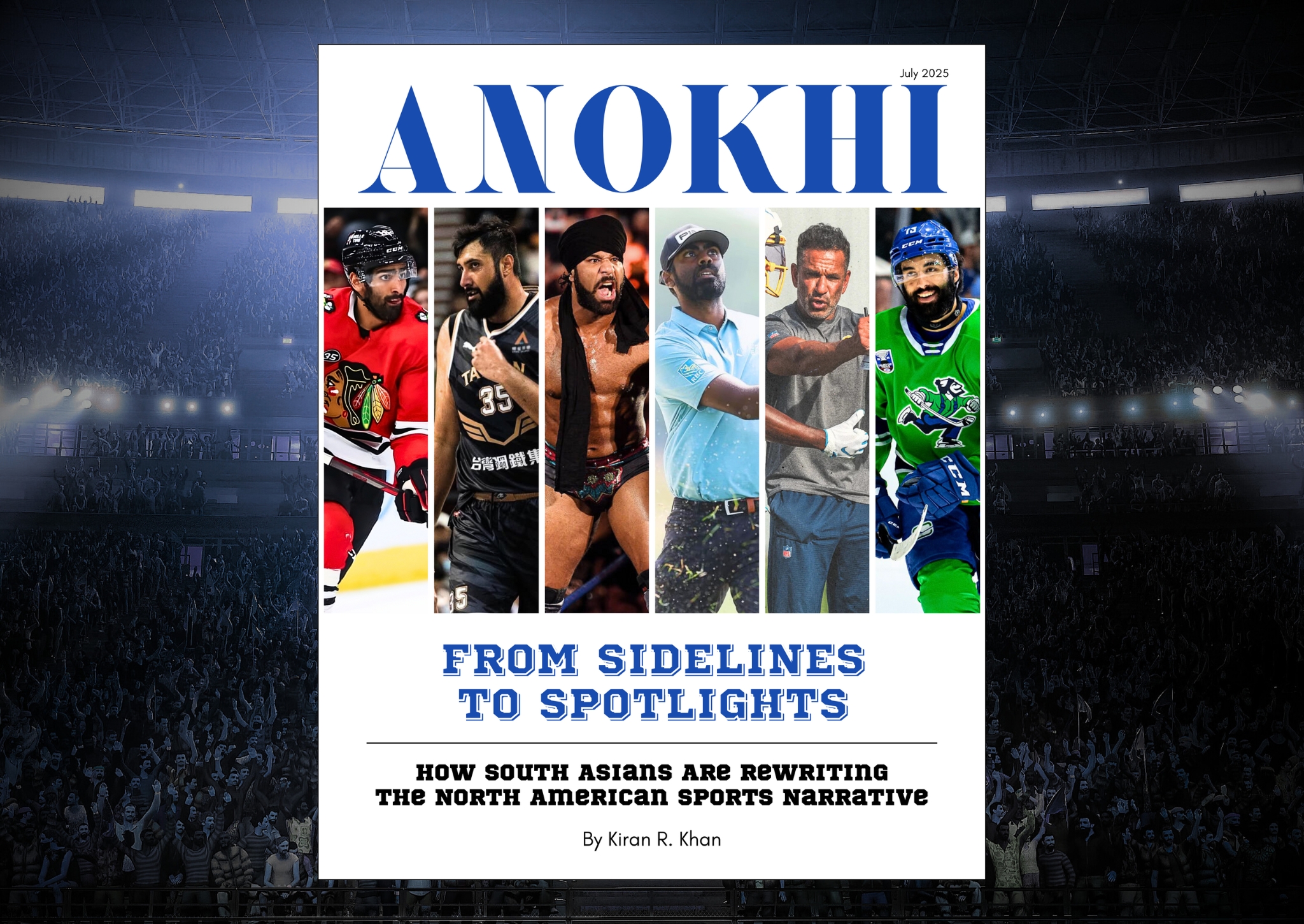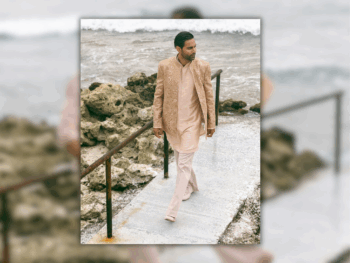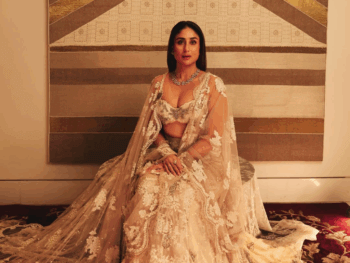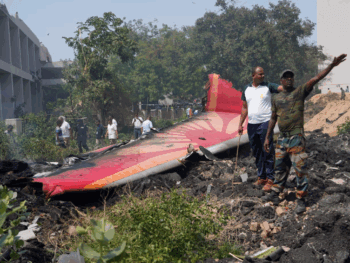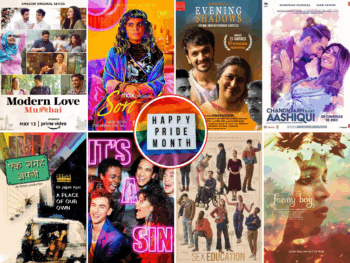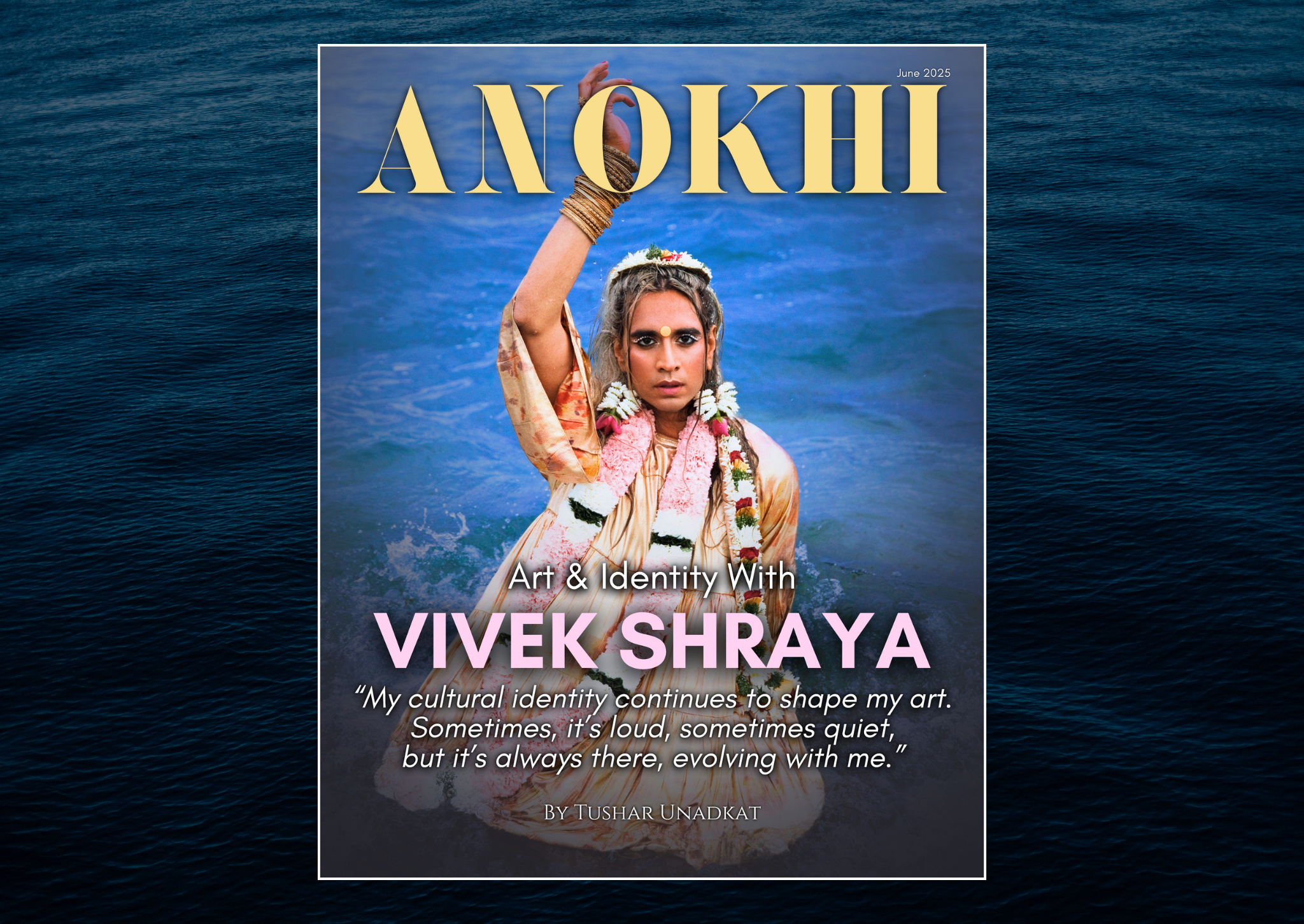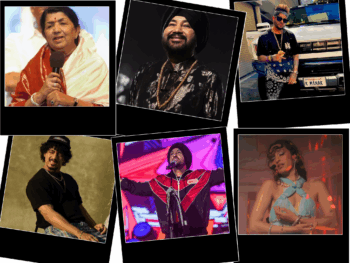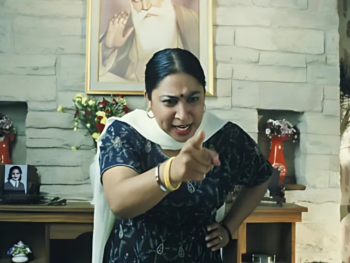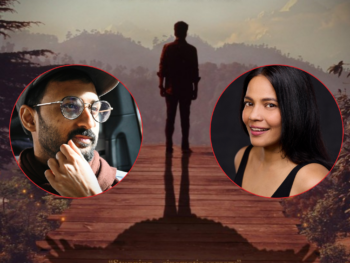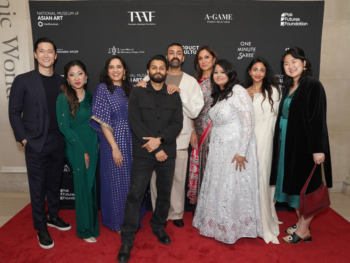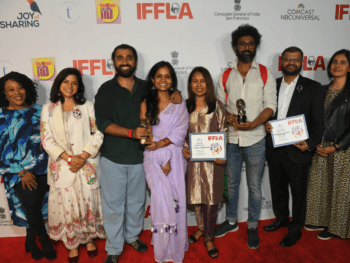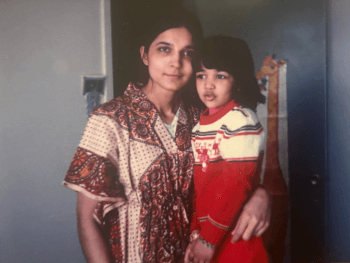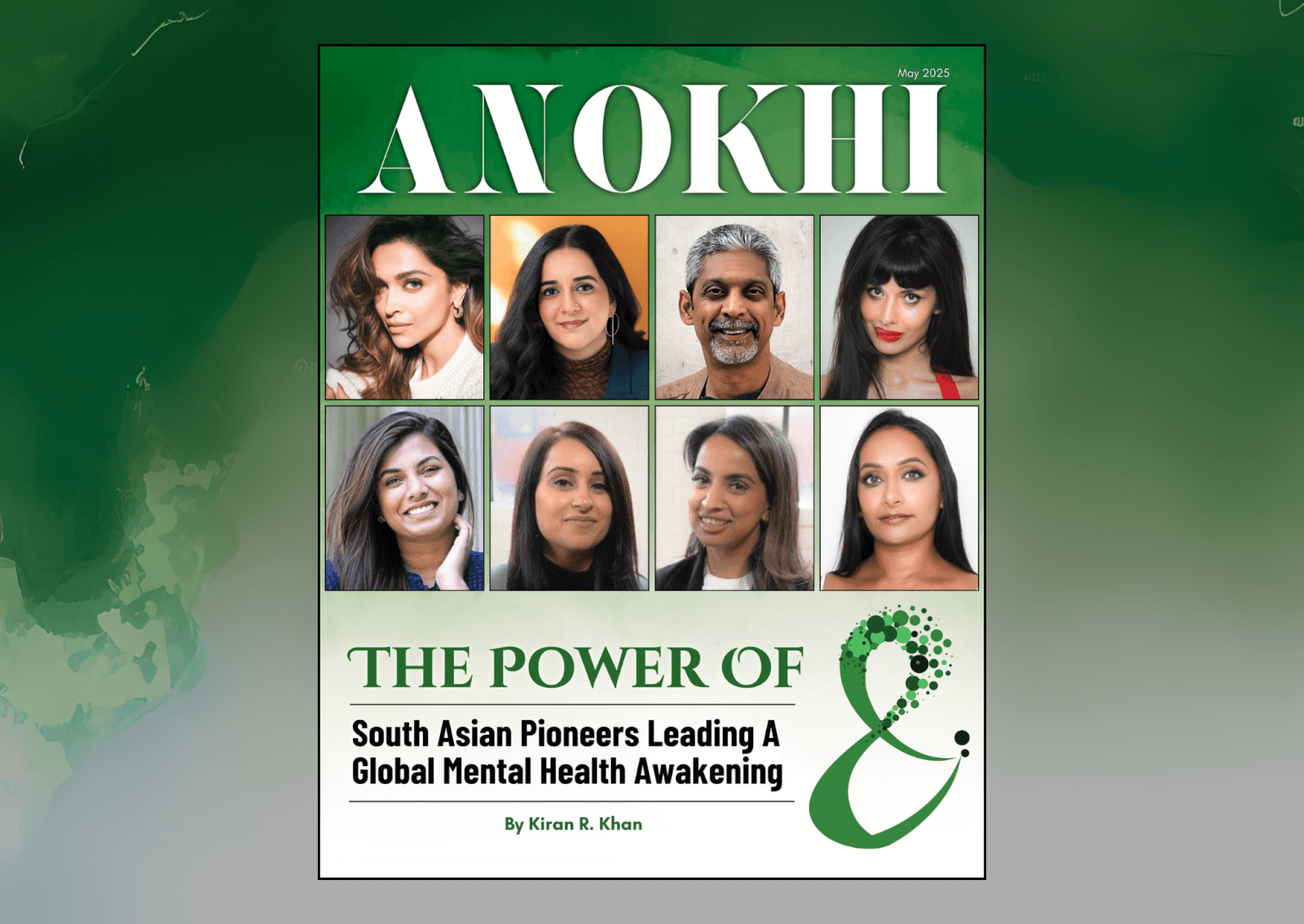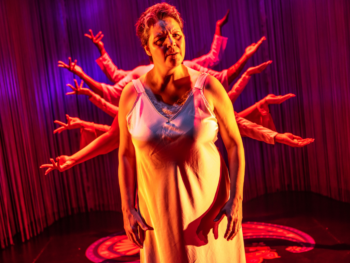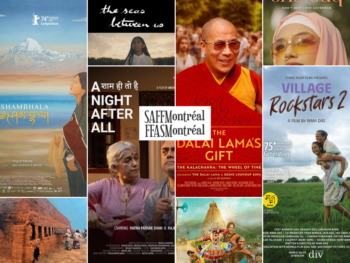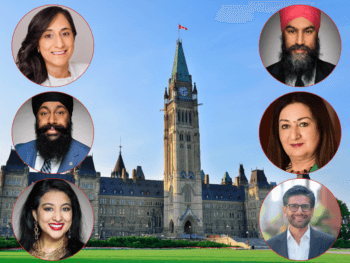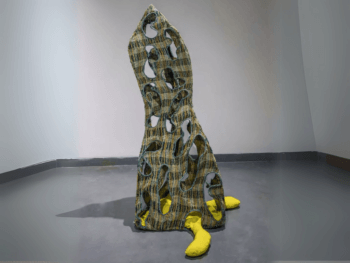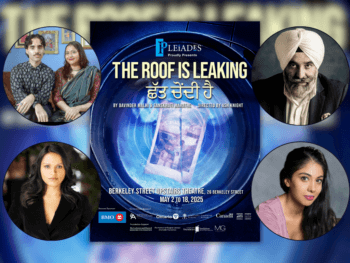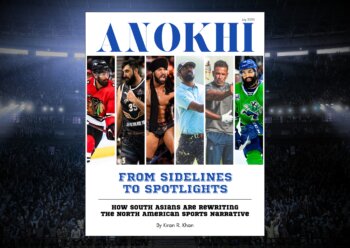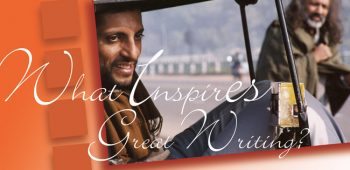
We’ve all wondered at some point: What inspires great writing? Well, ANOKHI sits down with author Shaun Mehta to find out what he says about being aware of oneself as a writer, the necessity to combine skill with perseverance and the courage it takes to self-publish.
Was there a specific moment or event that propelled you into the world of writing?
I have always loved writing but never pursued it professionally because I was afraid I wasn't talented enough. And, I felt I would make no money doing it. So, after high school, I got an undergraduate honours bachelors of business from Wilfrid Laurier University and got a great job as a business consultant. I quickly discovered that despite the excellent paychecks, I hated work. One day when I was at work, I blinked and discovered I had written a short story on my laptop. Three hours had passed like that. It was a surreal experience and the first time I had written fiction in five years. I realized that those were the most fulfilling hours I had experienced in years. I also realized that money wasn't important to me. I wanted to spend my life doing something I loved. After that, I never stopped writing. I returned to school to do my international MBA to give myself time to see if I could write seriously. During my MBA, I wrote Divya's Dharma.
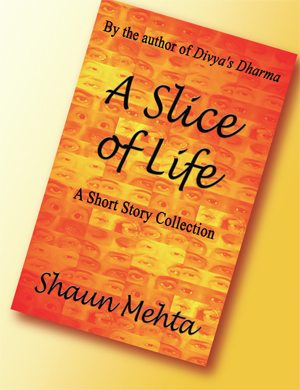
Where does your inspiration for your stories come from? Are they based on autobiographical insights/events or do they stem from your imagination?
Both. I would never have been able to write Divya's Dharma if I hadn’t lived in India for nearly a year. I could never have imagined the experiences otherwise. The primary research was critical to create a believable and intriguing world. However, I still need my imagination to create an interesting story and characters. I've learned I cannot lock myself in a room and expect to pour out good fiction. Experiencing life is critical in the writing process.
Do you feel that your business experience has helped you in developing your career as a writer?
Absolutely. Especially in terms of work-discipline, time management, organization, being able to learn quickly, and of course, being able to do research.
How do you reconcile your 'business' side with your 'creative' side?
My passion and love is for writing. However, I also understand that writing and publishing professionally is a business. I've been told that writing is the easy part, marketing and publishing that writing is the challenge. My business skills are used a great deal, especially when I'm trying to market and sell my book. Although, I want nothing more than to get a literary agent to do the selling for me so I can concentrate on writing!
Your latest book,A Slice of Life, is a collection of short stories. How does short story writing differ from novel writing? Was it a challenge to make the transition from one to the other?
I find short story writing very challenging, as every word should have a purpose and support the theme. With a novel, you can afford to go on more tangents and build characters, themes and the setting. With short stories, that same luxury doesn't exist.
Why the title "A Slice of Life"?
A Slice of Life is a collection of a dozen short stories that reminds us that in spite of our geographical, racial and cultural diversities, it is our emotions that collectively bind us. We all feel fear, apathy and despair as well as courage, passion and love. We all search for a meaningful purpose in our quest for fulfillment. From hardship to triumph, we all ride this roller coaster called life.
One of the short stories in A Slice of Life is the basis of your film Amal. What challenges arose when you converted your story into a film script?
In writing fiction, one’s thoughts and feelings can be easily described. That's the strength of using that format as the reader can get into a character’s head. Movies are a highly visual format. Thoughts and feelings must be shown through action. Dialogue should be minimized. This requires alterations in the story. Richie Mehta (the director of Amal) and I worked together on the script to ensure the integrity of the written story remained intact.
What inspired Amal?
When I was working and studying in India, I would take autorickshaws everywhere. And every time I took an auto, I would have a bad experience. The drivers always tried to swindle me in some way, as I have described in detail in Divya's Dharma. Amal was inspired by the one, and only, good experience I had with an autorickshawwallah. I was so moved by the experience that I had to write about it.
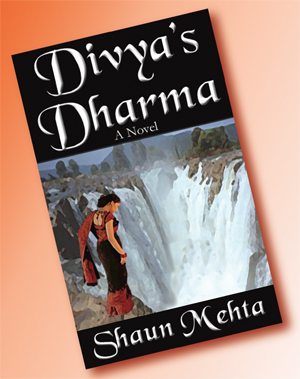
Why did you decide to make a full feature version?
The positive response of the short film has been so overwhelming, especially in the international film festival circuit, that it just seemed to be the next logical step. In fact, Amal won the Best Short Film in Canada at the Reel World Film Festival and Best Short Film at the Indian Film Festival of Los Angeles. After viewing the movie, people have told us how much the movie changed their lives! So, Richie and I collaborated and wrote a full-feature length script, expanding the world and characters, which was a very enjoyable experience. Hopefully, the movie will be shot the first half of this year in New Delhi.
You are currently working on your third book. Can you give us an inside look?
I am very excited about this project, which is entitled Deceptive Shadows. Here is the synopsis: Deceptive Shadows centers on Katherine Melody Chambers, a sexually and physically abused eight-year-old girl who escapes her traumatic reality by creating a fantasy world in her mind. She becomes Queen Alexis, the protagonist from a novel her murdered sister used to read to her. In reality, as Detective Kyle Zollis hunts for the rapist of this little girl, Katherine/Queen Alexis desperately fights to save the people of the enchanted continent of Klanexia. The story switches back and forth between these two worlds until its reaches the climax, a convergence of reality and fantasy.
Some writers have specific times when they feel compelled to write. Do you have a specific time when your inspiration flows?
I am usually most productive when I first wake up in the morning, or in the evening just before retiring (the times of the day when there are the least amount of distractions).
List your top five writers/books.
A Fine Balance by Rohinton Mistry
The Clan of the Cave Bear by Jean M. Auel
Life of Pi by Yann Martel
She's Come Undone by Wally Lamb
A Prayer for Owen Meaney by John Irving
How do India and your identity as a South Asian play into your writing?
Living, working and studying in India for nearly a year, as well as being South Asian, have played an enormous role in my writing. Divya's Dharma takes place in Southern India, and half the stories in A Slice of Life have Indian themes, settings or characters in them. I have no doubt that my Indian roots and background will continue to influence my writing in the future.
What advice would you give to those wanting to self-publish?
This is a very tough question, as half the people I speak to are against this and half support it. All I know is that the happiest day of my life was when I received my first self-published copy of Divya's Dharma. It was like having a child because it was 100 percent mine, including the cover, editing, writing…everything. The down side is if you are not diligent in how you create the cover, edit and write a self-published book it can be a disaster because the onus is completely on you. Personally, I believe that an author should first try to find a literary agent and get the book published through a publishing house. If that is unsuccessful, and if you are tired of staring at your manuscript collecting dust in your room, then self-publishing may be the answer. But also remember that although self-publishing is an affordable option to polish your work, the marketing and selling of the book is an enormous challenge afterwards. In one year, I've sold 300 copies of Divya's Dharma and have nearly covered my costs, but that was after a lot of work. So, self-publishing is definitely not about making money and more about trying to get your name and work out through word of mouth. The good thing about self-publishing is people are more likely to read your work because it looks professional and is no longer in a 400-page binder.
Traveling seems to greatly influence your writing. What are the benefits of traveling for writers?
If you are an aspiring writer suffering from writer's block, then traveling is definitely the remedy. Traveling broadens one's mind and perspectives. It inspires me to write. The key is to keep a notebook with you wherever you travel, and jot down the scenery, people and vibrancy of each culture. These notes will be invaluable primary research when you write.
What advice would you give to a rookie writer? Perseverance. Lots and lots of perseverance.
Writing is a lonely and emotional experience, especially when trying to sell the work. I have a binder full of rejection letters from publishers and literary agents, and every time I get another, I feel another bit of my heart has been torn out. The good news is that with each rejection letter my bouts of depression and getting back on that horse are decreasing! Also, I see my career slowly, painfully, moving in the right direction. I also highly recommend reading a lot. The more I read, the better writer I become.
To find out more about Shaun Mehta and his work, visit www.shaunmehta.com.
INTERVIEW SHENIZ JANMOHAMED




